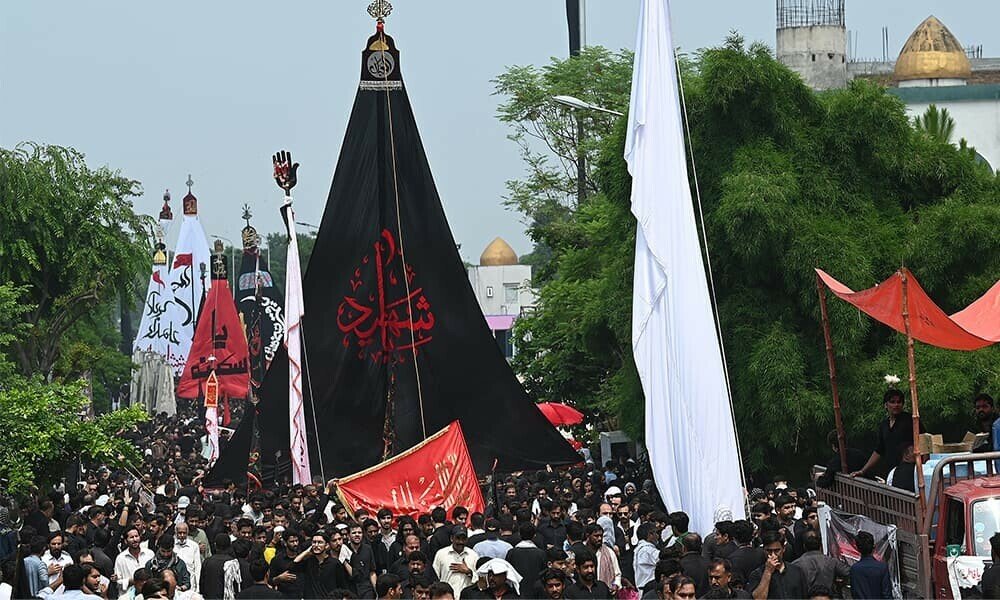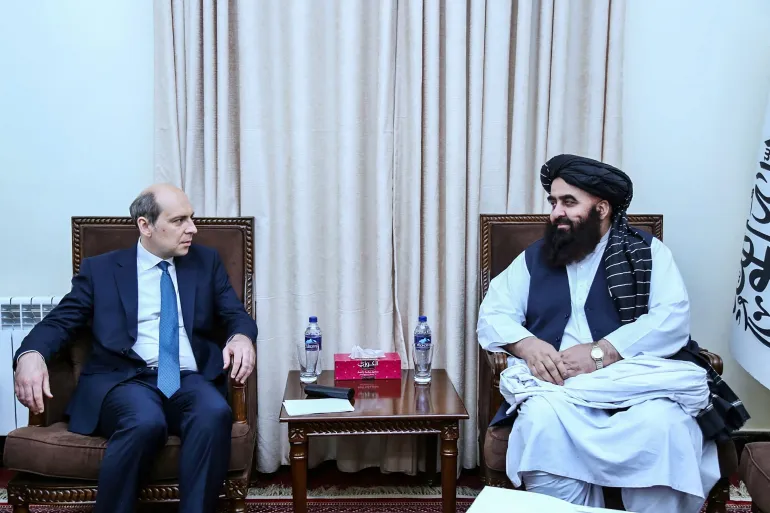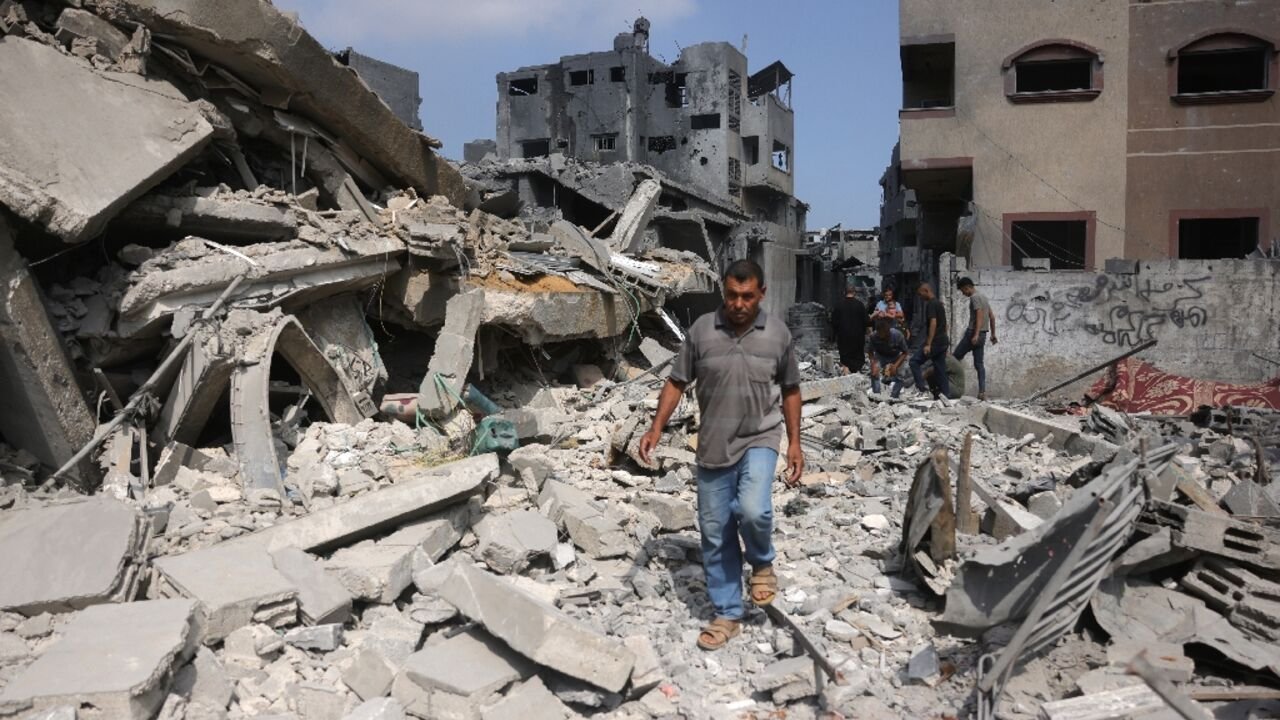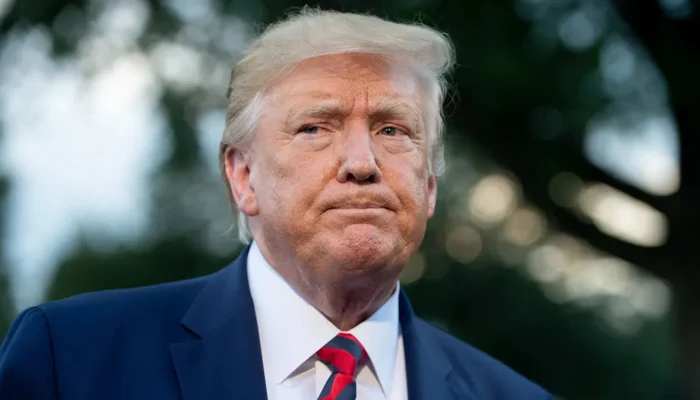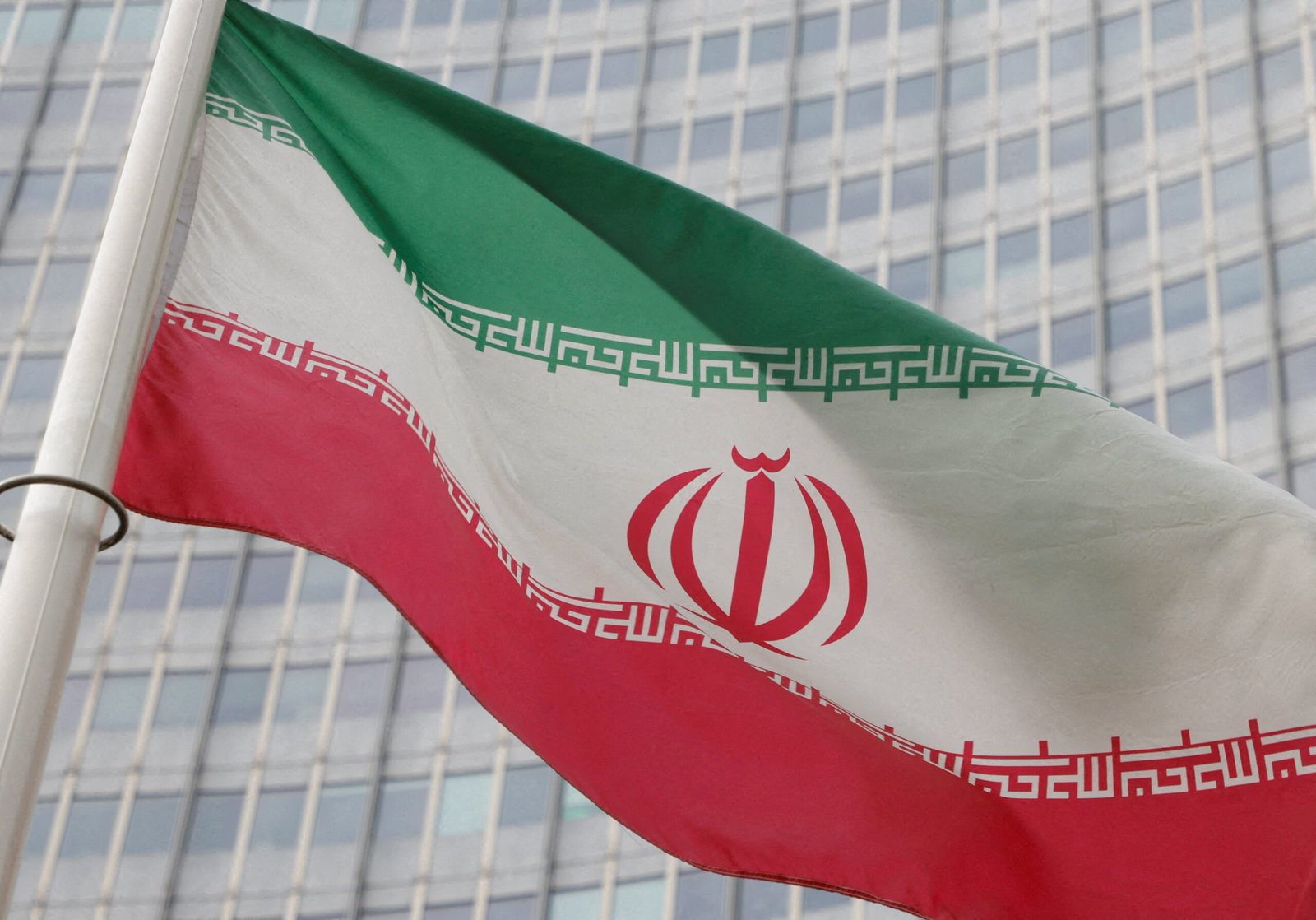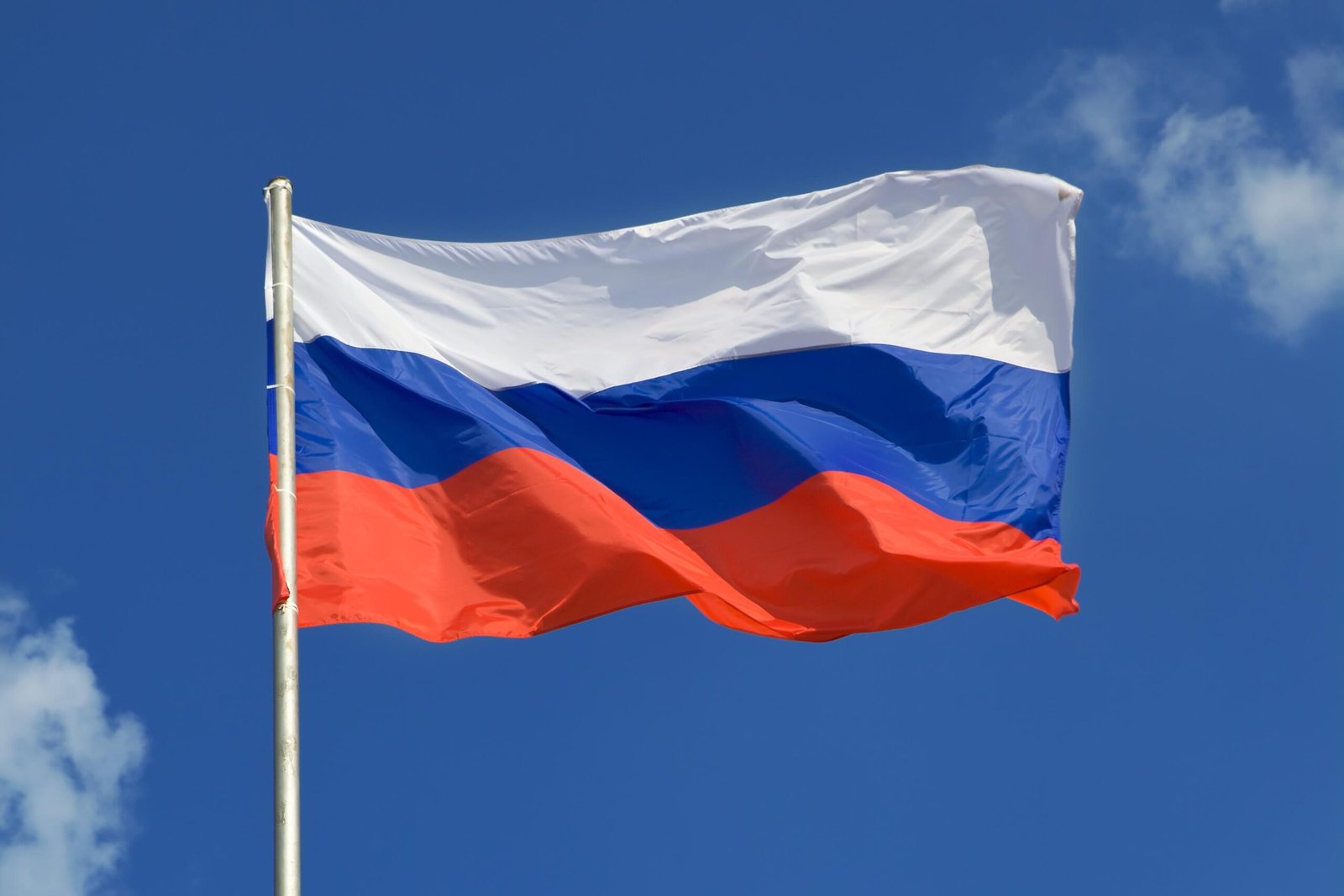A recent Washington Post report has revealed the details of an Indian intelligence campaign involving targeted killings in Pakistan, orchestrated by the Research and Analysis Wing (RAW) since 2021. The report uncovers how RAW has been carrying out assassinations on Pakistani soil, focusing on individuals deemed threats to India’s national security. These operations reportedly targeted leaders of the banned militant groups Lashkar-e-Taiba (LeT) and Jaish-e-Muhammad (JeM), accused of attacks on Indian civilians and officials.
According to interviews with officials from both Pakistan and India, along with militants and families of victims, the operations have resulted in at least six deaths. RAW has employed local criminals and hired Afghan operatives to carry out the killings, utilizing hawala networks in Dubai to finance and coordinate the operations, ensuring that no direct Indian involvement is apparent.
The report also highlights a comparison between these operations in Pakistan and similar covert actions carried out by India in North America, particularly against Sikh activists. Indian intelligence allegedly relied on local criminal networks in Canada and the US, resulting in botched attempts, including a failed assassination plot on Sikh leader Gurpatwant Pannun in New York. These actions have led to growing tensions between India and Western countries, with Canadian officials accusing Indian diplomats of surveillance and assassination attempts on Sikh activists.
Pl watch the video and subscribe to the channel of republicpolicy.com
The investigation also revealed that Pakistan’s intelligence discovered evidence linking Indian operatives to these covert actions, including two Indian nationals accused of coordinating the killings from Dubai.
Christopher Clary, a political science professor, compared RAW’s tactics to those of Israel’s Mossad, emphasizing that while effective in regions with less developed security infrastructure, such operations are more likely to face legal and political scrutiny in Western countries. Indian officials, however, continue to deny direct involvement, maintaining a policy of neither confirming nor denying their participation in such killings.
Analysts have raised concerns about the potential consequences of these covert operations, warning that they could increase tensions in South Asia and provoke retaliatory actions. The actions, which align with Prime Minister Narendra Modi’s broader strategy of projecting strength, may have implications not only for India’s relations with neighboring countries but also for its standing in the global arena.






